An Engrossing Day of Ceol Mor at Oban 2014
Argyllshire Gathering, August 27th and 28th, 2014.
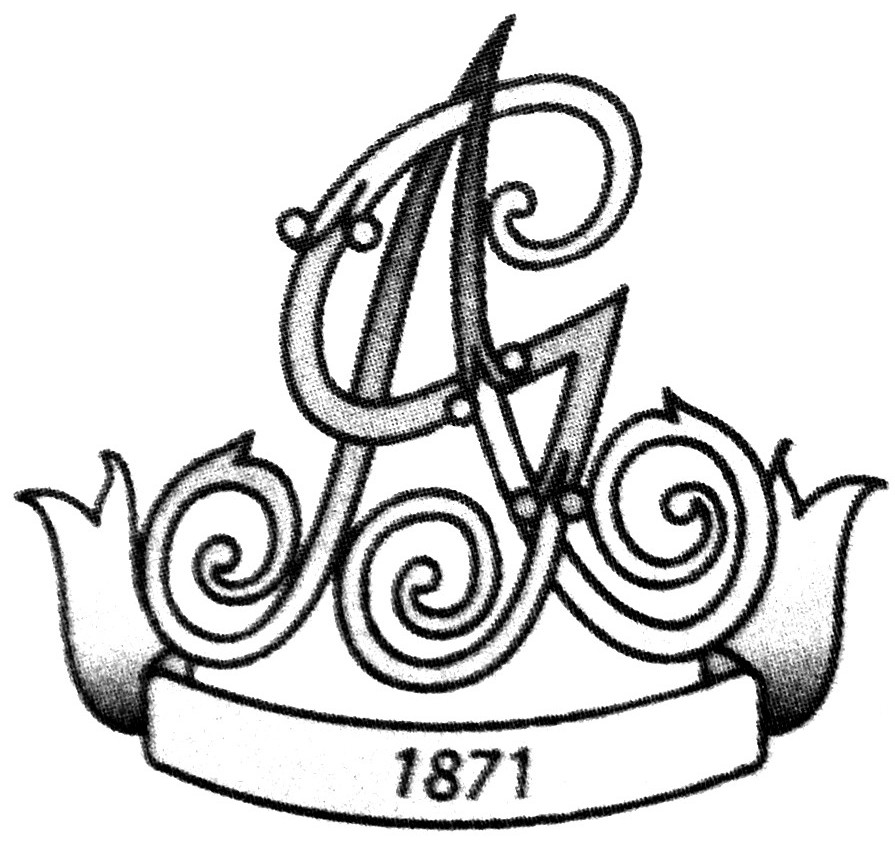 Those of us honoured with being asked to judge at the Argyllshire Gathering meet the evening beforehand to receive our instructions from Piping Steward Jamie Mellor and his Assistant Torquil Telfer. It is always a convivial gathering with a distinct air of expectation for the morrow and the main piobaireachd competitions. There is also an air of responsibility – a responsibility no one is taking lightly. All are aware that the decisions they will arrive at the following day can be career changing.
Those of us honoured with being asked to judge at the Argyllshire Gathering meet the evening beforehand to receive our instructions from Piping Steward Jamie Mellor and his Assistant Torquil Telfer. It is always a convivial gathering with a distinct air of expectation for the morrow and the main piobaireachd competitions. There is also an air of responsibility – a responsibility no one is taking lightly. All are aware that the decisions they will arrive at the following day can be career changing.
After selecting the tunes we repair for a meal and drinks and then go early to bed.
March to the Games 1
I joined the Gold Medal bench with John Wilson and Iain MacFadyen. We sat from 8.45am until 5.45pm. A total of 27 pipers played, and, thanks to the very efficient stewarding of Andrew Frater, we were able to get through them all in a no-nonsense fashion to the benefit of all concerned. The competition was held in the small theatre attached to the Corran Halls. There was a good audience throughout the day and the proximity of the stage meant that they – and the judges – could hear every note, every wavering drone.
First on was Innes Smith with MacNeill of Barra’s March. An unenviable draw did not seem to faze Innes. The pipe was well set and only drifted a little towards the end; D was sometimes not sustained. Overall he lacked timing polish, especially at the cadences where he overdwelt on B and at the low A, B to E passage in the ground.
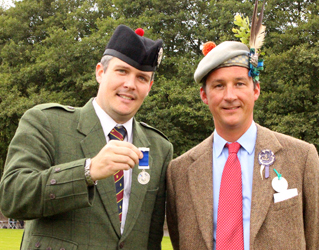
Andrew Hayes had a safe and clean Big Spree. It was rather ‘samey’ from the suibhal onwards but was well fingered and if it lacked emotion and passion there was real pleasure in the quality of his fingering – clean, clear and true.
Allan Russell was off his tune, Lady Margaret MacDonald’s Salute, in the last line of the crunluath doubling and also at the ends of lines 2 & 3 in Variation 1 doubling and singling (low As for low Gs). Pipe very steady and pleasant to listen to.
Jori Chisholm’s Battle of the Pass of Crieff was well fingered on a very good pipe. His interpretation was not to my taste however – he played down to low G in the ‘B’ phrase of the three grounds. In the Thumb the nice swing down from high A was missing. He overcut from C to B in the crunluath singling cadences.
James MacHattie struggled to get his pipe in order and that affected his performance, no question. Like many who played MacNeill of Barra’s March he could not quite get the timing of the low A, B to E sequence in the second bar of the ground. Good fingers throughout and a nicely timed Variation 1 doubling the high points.
Andrea Boyd produced the best bagpipe we had ever heard her with. It really was captivating: steady, sweet, perfectly pitched. Her superb finger was a match. Better timing and this would have been the perfect tune: she nipped B to C throughout her Big Spree and there was a square feel to Variations 1 and 2. However, a performance of significant merit.
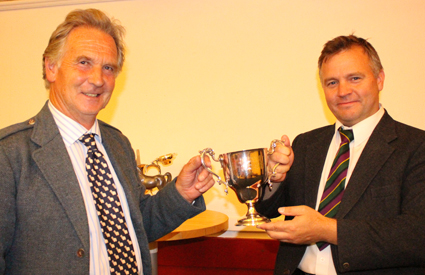
Alasdair Henderson was given His Father’s Lament for Donald MacKenzie. He had a lovely pipe and finger once the crunluath got going – nothing missed mind, just a little slack at the start. He was off the tune in the crunluath doubling and singling and some doublings were a shade slow; but for the most part his tune was tastefully handled.
John Angus Smith played Patrick Og MacCrimmon’s Lament. Now and then the notes on the chanter were not sustained, particularly on high G. The finger was weak on chedari and occasionally on embari. The glorious Variation 1 juddered rather than flowed at times. A better pipe and these worries would have vanished I’m sure.
Alex Gandy was inconsistent in the timing of the low G connecting notes throughout his Lament for the Only Son and the pipe went out. Surprisingly for Alex (he has such good fingers) some a mach movements were not complete.
Margaret Dunn’s pipe seemed overpowering in the confines of the small theatre and the drones were never completely in unison with the chanter. The fingering was first class as we have come to expect from Margaret. Good phrasing in the dithis but she nipped the two Bs in the crunluath doubling.
March to the Games 2
Glenn Brown appeared very smartly dressed – one of the few pipers to ignore the Argyllshire’s ‘jackets optional’ dispensation, so all credit to him for that. Credit to him too for producing one of the best bagpipes of the day. This was the quality of instrument it takes to win a Gold Medal as Glenn would know – he already has the Northern Meeting’s. Unfortunately he lacked composure in Variation 1 of the Lament for the Departure of King James especially on the high G grip, and with better phrasing here and elsewhere would have been higher up the list I feel.
Also tackling Patrick Og was Jamie Troy, last year’s Oban Silver Medallist. Chedari was not complete but other fingerwork was of a high standard. Generally he lacked forward momentum in the tune and Variation 1 singling was hampered by the pulse falling on the first note in the groups of three rather than the second; doubling much better.
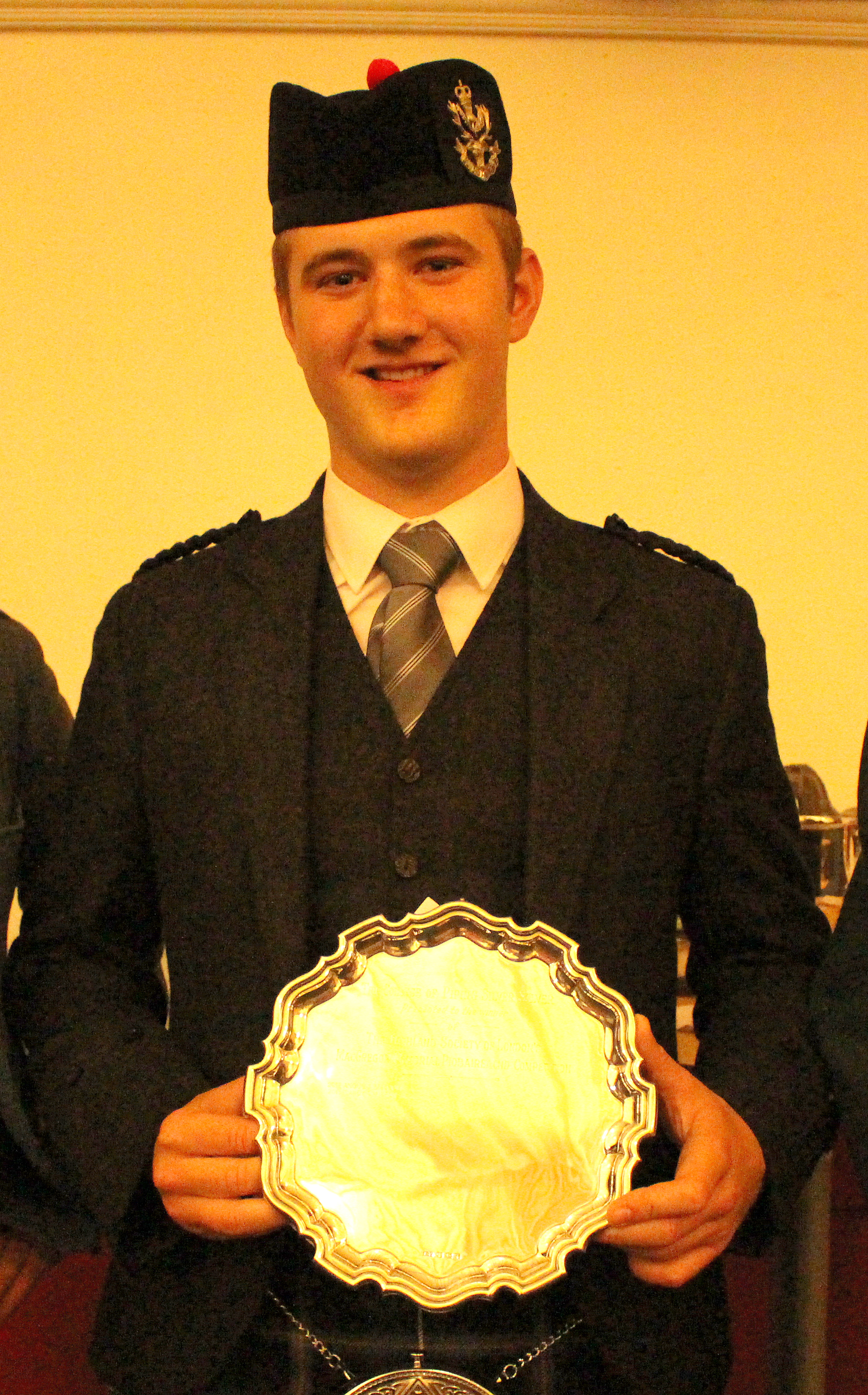
Craig Sutherland gave us a very nicely timed ground of the Big Spree but Variation 1 doubling was not consistent, with long notes jumped off before the beat. Good technique, with only one missed edre; the pipe nearly held but a touch raucous.
Gordon Bruce split the phrases in his His Father’s Lament and thus lost momentum, and his approach work to the double echoes on E was not consistent; good finger.
Donald MacPhee was off Lady Margaret several times after making a good start; the pipe didn’t hold and this may have affected him.
I wrote very little after Douglas Murray had completed his MacNeill of Barra’s March, simply this: A first class performance, beautiful pipe, well controlled throughout; musical and well fingered; drones rock steady; nice changes of tempo.
Like the old Glasgow Corporation buses, you hear one good tune and another follows on immediately after: Ian K. MacDonald’s Lament for the Only Son. He had a lovely, steady pipe and the technique was exemplary. Timing issues counted against Ian in the final analysis: the B grips were more open than the C; the long cadence E hampered flow in the Thumb doubling and the a-mach rattled on a shade too much. Overall however, a serious contender.
Derek Midgley lacked feeling in his His Father’s Lament. Variation 1 was too fast and open; there was better control in Var.2; the breabach theme notes were not extended to their full value.
Gordon McCready’s chanter was keen, especially on F and this affected his delivery of the Big Spree, a tune that relies so much on this note for its pathos. He shaped the tune well however, with a particularly expressive ground and Variation 1.
Rock steady and resonant was David Wilton’s pipe but his Lament for the Departure of King James was marred by one or two unclean lifts to D and F. He had an unattractive pause before the cadences in the ground and Variation 1.
William Geddes dwelt rather too long on the low As before the ‘tachums’ in the three grounds in the Battle of the Pass of Crieff and lost impetus. He showed good tempo control through the singlings, doubling and treblings but the crunluath from low G was rather open and detracted from the rhythm in this variation; another first class pipe.
Visit the ppresshop ..
Patrick Og proved a graveyard for Peter McCalister who gave up fighting his high G early on.
Jamie Forrester was pedestrian with his timing of Lady Margaret and seemed afraid to cut; superb pipe which did not move. The fosgailte was not always convincing in the first line doubling.
[easyrotator]erc_14_1414056032[/easyrotator]
Alastair Lee had quite a well-played ground in Lament for the Only Son but here again was a demonstration of how the long E in the Thumb singling does not carry well into the doubling, taking, as it does, emphasis away from the theme notes. He missed a hiharin a couple of crunluaths and a-machs.
Andrew Bonar’s timing was a wee bit severe throughout his His Father’s Lament – C, through B to low A in the first bar of the Ground for example. He also lacked change of tempo in some of his variations. I think he was very nervous and this caused a tightening up all round and a rushing in the crunluath, all very understandable in a Gold Medal.
Andrew Carlisle lacked a lyrical quality and flow in the ground of the Big Spree and was off the tune in the penultimate bar of the ground; he also over cut B to C in Variation 1 doubling. The pipe was good and held, though F became shaky towards the end.
Last on was Jenny Hazzard with MacNeill of Barra’s March. There were severe cuts A to B in the ground and the double echoes on B were forced. The chanter was dull on C though the drones were finely set and steady. Fingering loose in GDE and Fosgailte.
Overall this was a very enjoyable day of ceol mor. The prizewinners all played exceptionally well. Others were hampered by nerves and/or poor pipes and fingering issues.
In the final analysis a decision has to be made and we took only a few minutes to decide on our list. It was unanimous:
1 Douglas Murray, MacNeill of Barra’s March 2 Ian K. MacDonald, Lament for the Only Son, 3 Andrea Boyd, Big Spree 4 Glenn Brown, Lament for the Departure of King James 5 Andrew Hayes, Big Spree
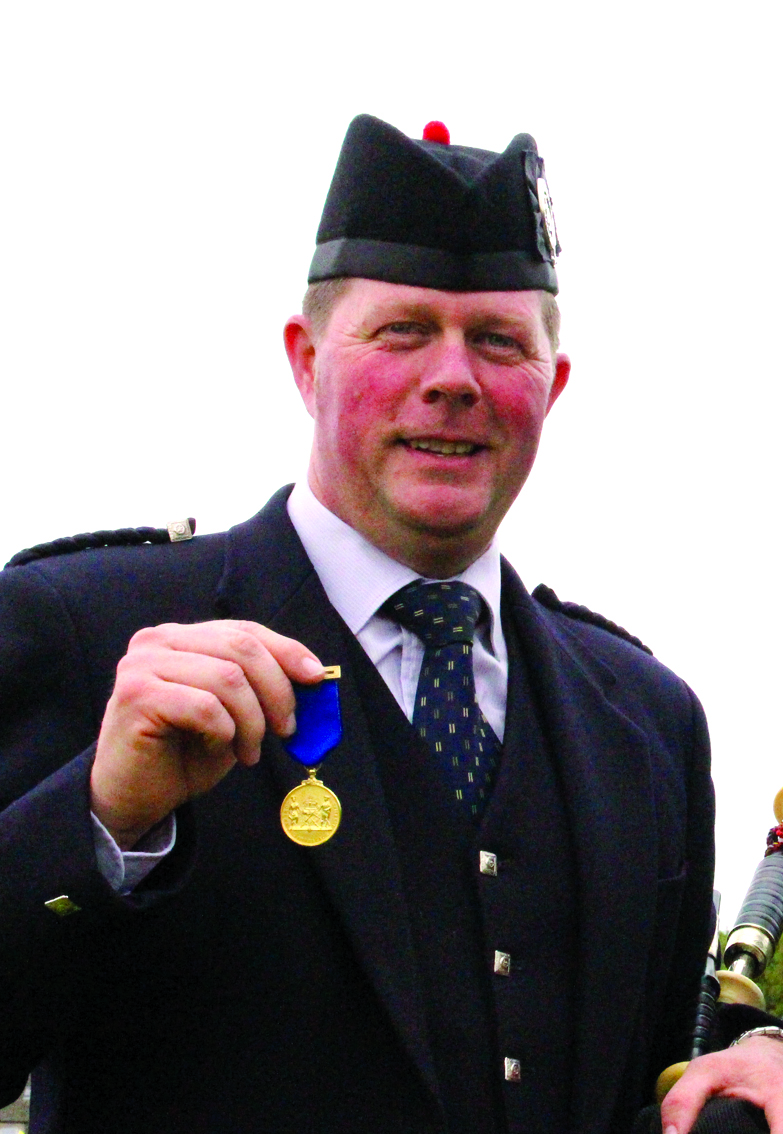
* Stay tuned to pipingpress.com for Day Two at Oban 2014.
















PS – All that stated, everyone at 2014 Oban agreed that Doug Murray’s performance was absolutely stellar and deserving of the Gold. Absolutely everyone – particularly the competitors I’ve spoken with.
You made a very interesting statement.
Regarding one of the pipers you said, “His interpretation was not to my taste however.”
Would you be willing to unpack that a bit more?
One of the concerns many competitors have expressed in private and published interviews is their fear of playing a tune in a way potentially deemed “non-standard”. So, they stick with the same settings everyone else plays.
Setting aside the different perspectives on what this has done to the present and future of pibroch performance in general, and competitions in particular (some would say things are just fine; others would say that audiences are leaving and everything sounds the same; still others would say both are correct, to a point, but neither side is addressing the future),
I wonder to what extent a personal aesthetic standard plays when judging.
Does a setting or interpretation “not to [your] taste” rule out the possibility of awarding the competitor?
When such a performance is encountered, does the least “controversial” performance become the safest one to award, perhaps despite the superior quality of the more ‘risky’ performance (hypothetically speaking)?
Are judges looking for a particular style of pibroch? What happens when a judge encounters an unfamiliar style, a different setting, a broader idiomatic approach?
Are the most important competitions “naturally” the most conservative?